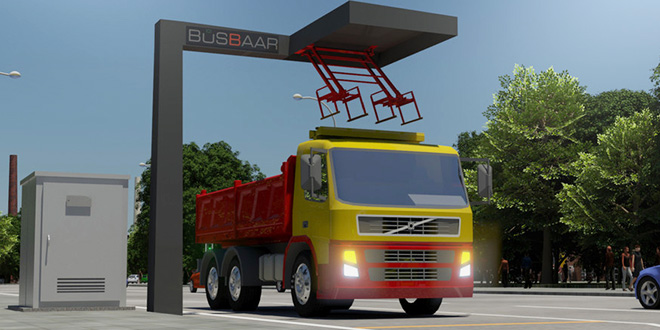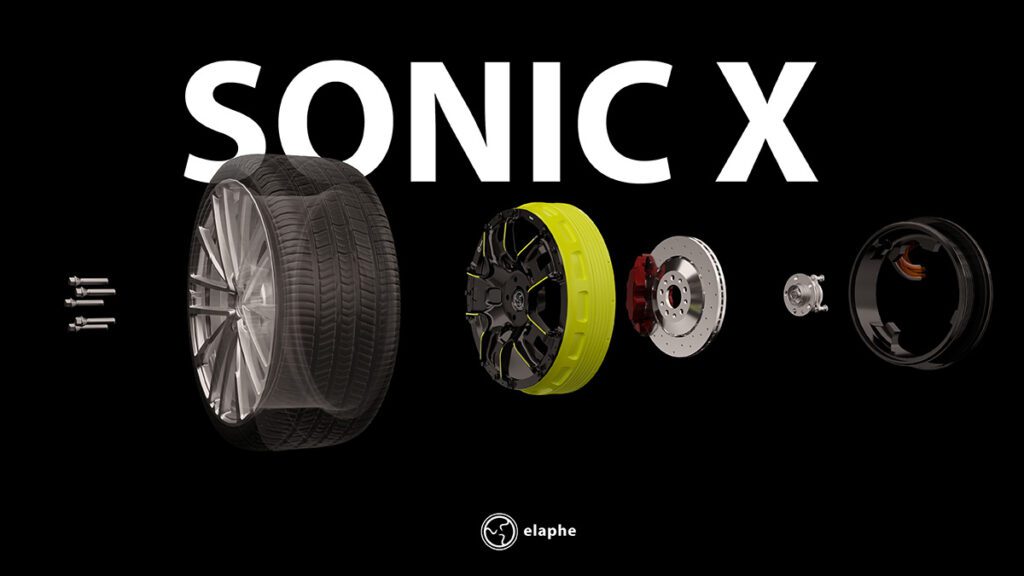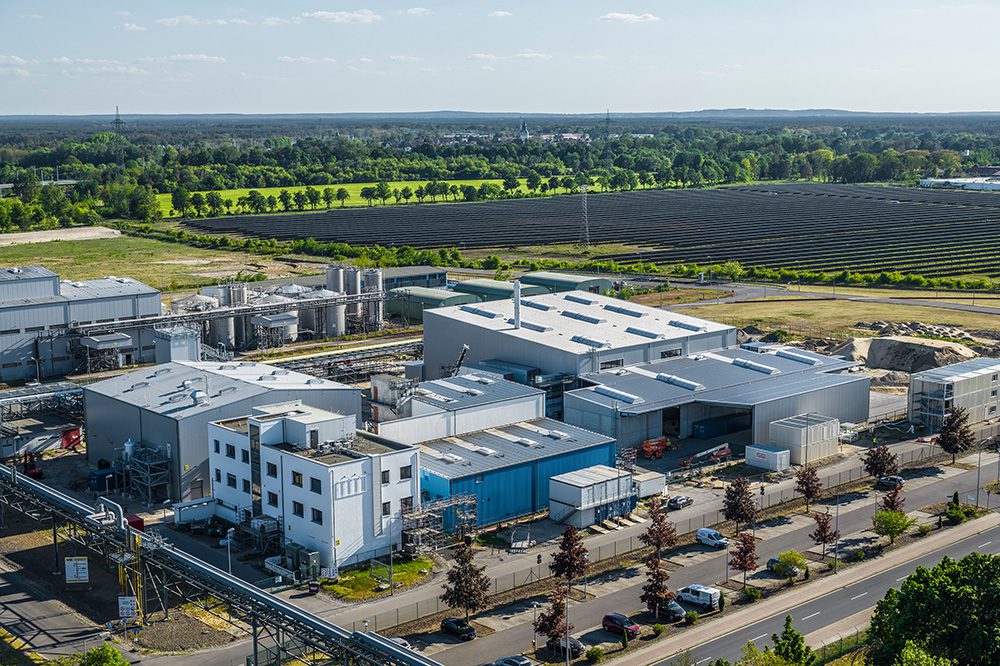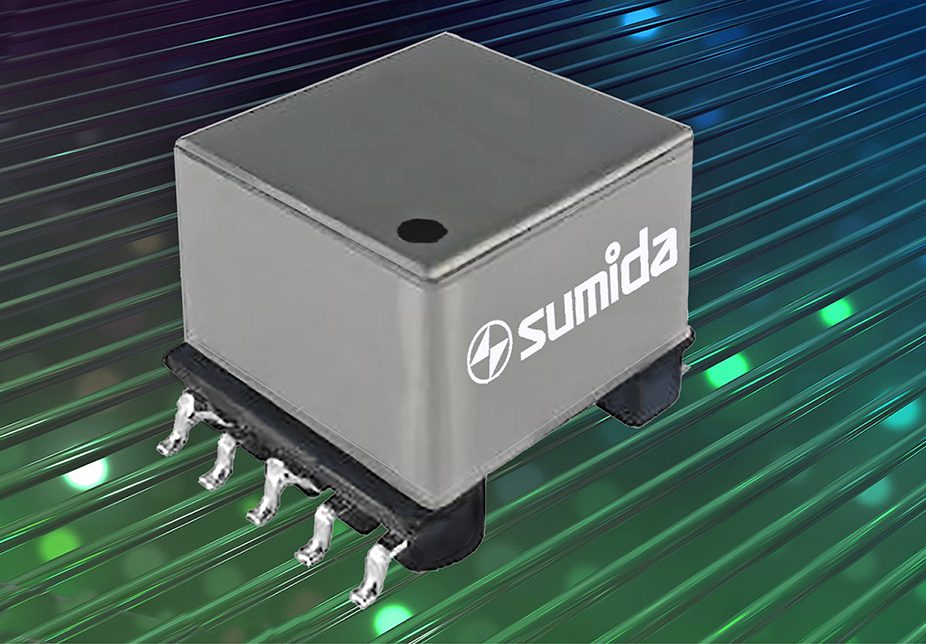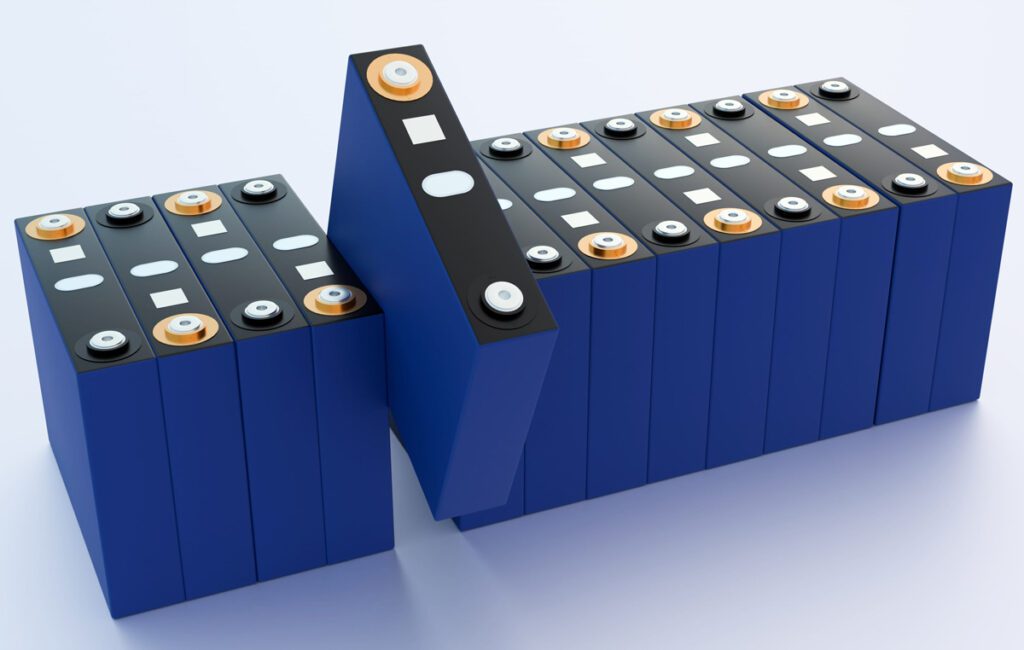While short-haul applications such as local delivery trucks, port drayage trucks and city buses are perfect candidates for electrification, long-haul trucking will likely prove more of a challenge, because of battery-electric vehicles’ limited range.
Now Furrer+Frey, a Swiss firm that provides a wide range of rail transport products and services, has proposed a simple, low-tech solution: tractor swapping.
In a recent presentation outlining the concept, Roger Bedell, Product Director of Opbrid Fast Charge Systems at Furrer+Frey, noted that a variety of solutions have been suggested for shifting long-haul trucking to electric drive, including the use of overhead catenaries; in-road inductive charging; ultra-fast battery recharging; and battery swapping.
The first two require major investments in infrastructure; the third relies on heavier, lower energy density LTO batteries and ultra-high charging rates; and the fourth is technically difficult, given the size of the battery packs and the need for dedicated swap stations.
Under the proposed tractor swapping model, a tractor-trailer with a low charge pulls into a station where a fully charged tractor is waiting. The driver switches tractors and departs with a full pack, leaving the first tractor to recharge.
A couple of enabling technologies could streamline the process:
- The Jost KKS automated coupling system, a fully automatic driver assistance system that controls all functions of the coupling and decoupling process, including an automated interface for pneumatic and electric connections.
- The Furrer+Frey Opbrid Trůkbaar, an overhead high-power charging system for heavy-duty vehicles that supports power levels up to 650 kW.
A tractor swapping system would be simple and fast, with no need for special infrastructure. However, Bedell graciously pointed out that there are a couple of disadvantages. Precise scheduling would be required to avoid idle tractors, and delays could propagate through the system, as is the case with air travel. Such a business model would also favor large shippers.
Source: Furrer+Frey via Green Car Congress







